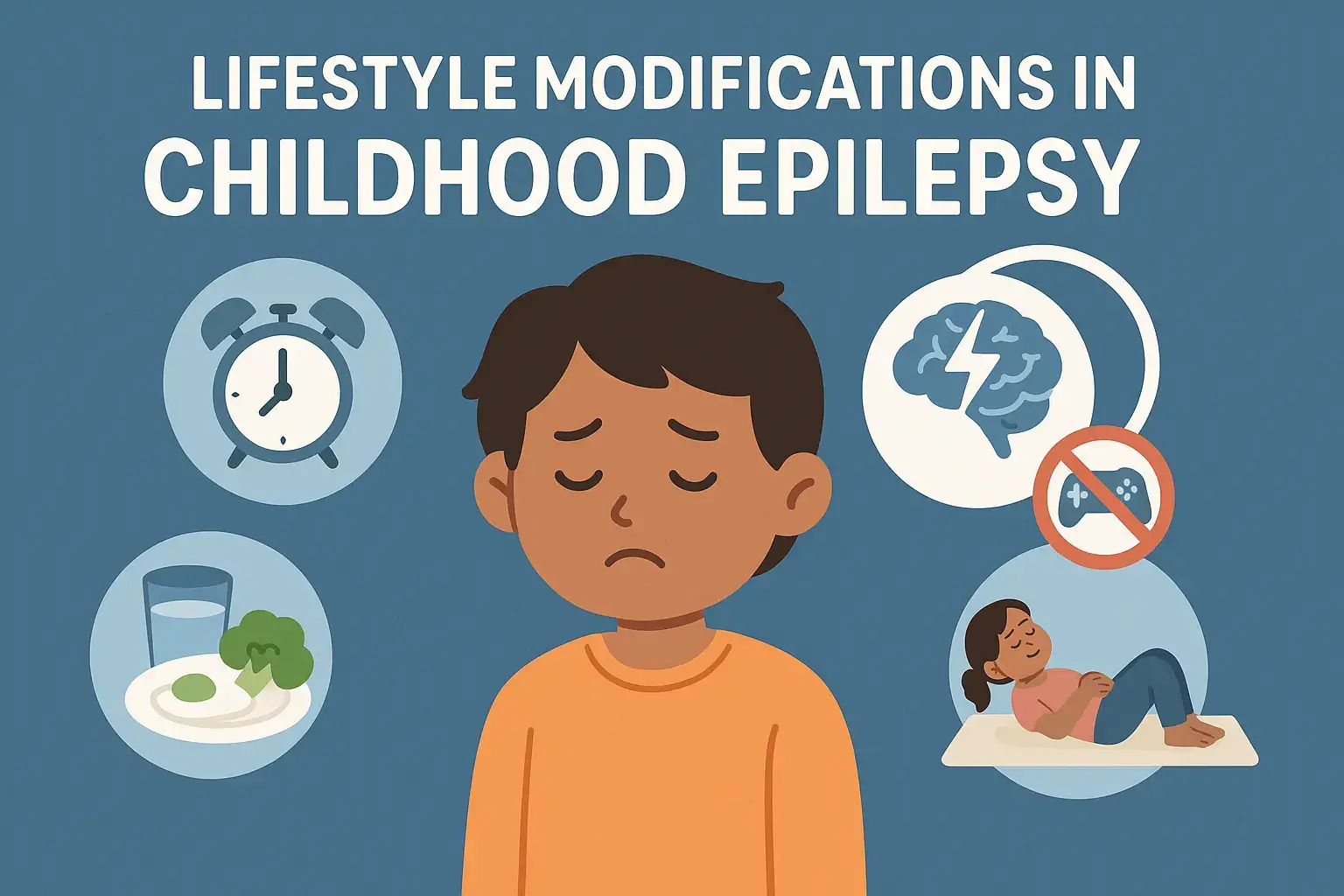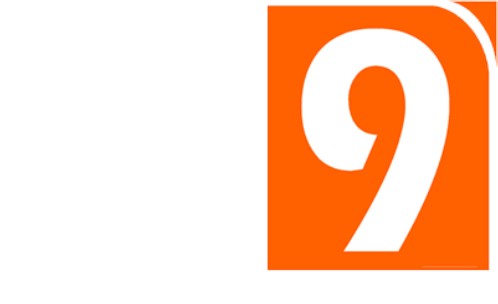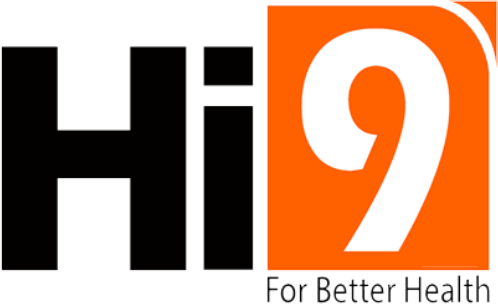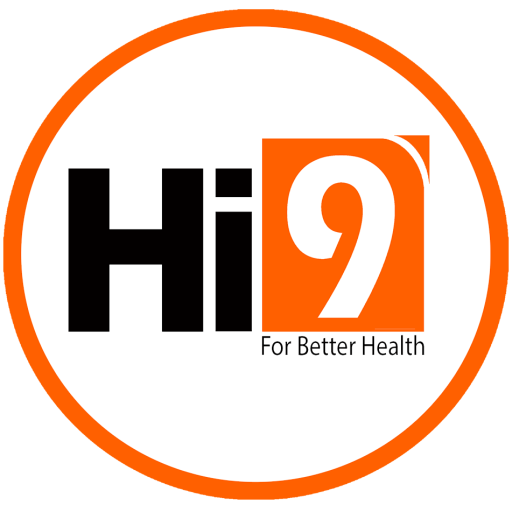
Lifestyle Modifications in Childhood Epilepsy
There is no one-size-fits-all solution, as everyone is different. However, there are some common seizure disorder (events that lead to a seizure) that you can look out for.
An important part of living with epilepsy is managing your lifestyle, so that you can enjoy life as much as possible, while also staying healthy and safe.
LACK OF SLEEP
No matter how old we are, we all need sleep. Seizures are more likely to occur if you are tired or deprived of sleep. It is best to have a regular sleep pattern and to get enough sleep to feel rested. Being asleep during the hours of 9pm to 7am is particularly important if you are prone to seizures due to lack of sleep.
Wherever possible, try to prioritise a good night’s sleep. Spending late nights in front of a computer playing video games, for example, can lead to fatigue, which is worsened if you have photosensitive epilepsy. If you are travelling on a long flight, make sure you get good quality sleep before and after, particularly if you find it difficult to sleep on the plane.
If you are attending School events for multiple days, it might be good to set yourself a cut-off time, so that you can get enough rest. Your friends will understand!
NOT TAKING YOUR MEDICATION, OR TAKING YOUR MEDICATION AT THE WRONG TIME
Sure, taking medication can be annoying. You might feel like your medication is not that important, or that you don’t want to take it at all. Try to remember that your medication is supposed to look after you, and to help give you the best life possible.
If you are having issues with your medication, have a chat to your parents or doctor. Also – never change or stop taking your medication without talking to your doctor first, as stopping medication suddenly can lead to serious consequences.
BEING TIRED/travel
Work, school, exercise, sport and travel can all take a toll on your body. Try to pace yourself and not take on too much at once. This does not mean that your epilepsy has to restrict your life in a big way. It just means you need to look after yourself.
STRESS
Growing up is full of ups and downs. The hard times can sometimes make managing your epilepsy a little more difficult. It is important to seek help when you need it, as there are plenty of support services available for young/adoloscent people living with epilepsy. Older kids can discuss with parents, doctor, psychologist, or school counsellor.
HORMONAL CHANGES/MENSTRUATION (YOUR PERIOD)
In some women, hormonal changes (such as getting your period) can affect their epilepsy. There can be changes in menstrual cycle, irregularities or delayed puberty, this can be altered by selecting and prescribing right medicine in adolescent girls as they will be eventually child bearing in adulthood.
ILLNESS OR FEVER
Most of us get sick from time to time. Some young people living with epilepsy are more prone to seizures when they get sick, or have a high body temperature or fever. Generally, it is a good idea to stay hydrated, rest, reducing the fever by appropriate timely medications .
DIET
Some people are more likely to have seizures if they miss meals and have a low blood sugar level. Regular meals and eating soon after getting out of bed in the morning will lessen the likelihood of large swings in blood sugar levels. Maintain diet rich in fibre and vegetables. Avoid junk/fast food. It is also a good idea to keep home made healthy snacks ready for when you’ve run out of energy.
CONTACT SPORTS/SWIMMING
Sometimes kids are not allowed to exercise or play sports for fear of worsening seizures. Very rarely exercise triggers epilepsy. Certain activities may need special accomodations or should be supervised like swimming, snorkeling, surfing. Always have a buddy with you while swimming or parental supervision who are aware of basic life support. Contact sports like football, rugby, basketball are generally safe , but may have chance of bodily injury. Repeated concussions are not good for anyone. Consider type and frequency of seizure while playing football or jockey and what would happen if child had a seizure.
PRESCRIPTION MEDICATIONS
You might be prescribed other medications for another health condition. These medications could impact your epilepsy, and/or your epilepsy medication.
FLASHING/FLICKERING LIGHTS OR GEOMETRIC PATTERNS
When seizures are triggered by flashing/flickering light or patterns this is called photosensitive epilepsy. This only affects a small percentage of people with epilepsy. If you have photosensitive epilepsy and are attending a event with high flashy lights, it would be a good idea to check beforehand if any flashing lights are being used. Video games and even some films and television shows can trigger seizures in some young people with epilepsy, including those who are sensitive to flashing/flickering lights. Make sure that you stay at least 2 metres from the screen, with good lighting in the room, and take regular breaks.
In the fleeting moments they get to catch their breath, their conversations might weave together tales of medical mysteries solved and breakthroughs that push the boundaries of science. Picture them, not just as healers but as storytellers of human resilience and innovation. Even in off-duty chats, their words often echo the rhythms of their daily battles—reflecting their deep-rooted passion for healing and the relentless pursuit of better outcomes for those they care for. Their conversations, whether about the latest treatment or a humorous anecdote from a grueling shift, are tinted with the colors of their experiences and the unwavering dedication that defines their calling.

Dr.N. Varsha Monica Reddy
Consultant Pediatric Neurologist
Yashoda Hospitals












